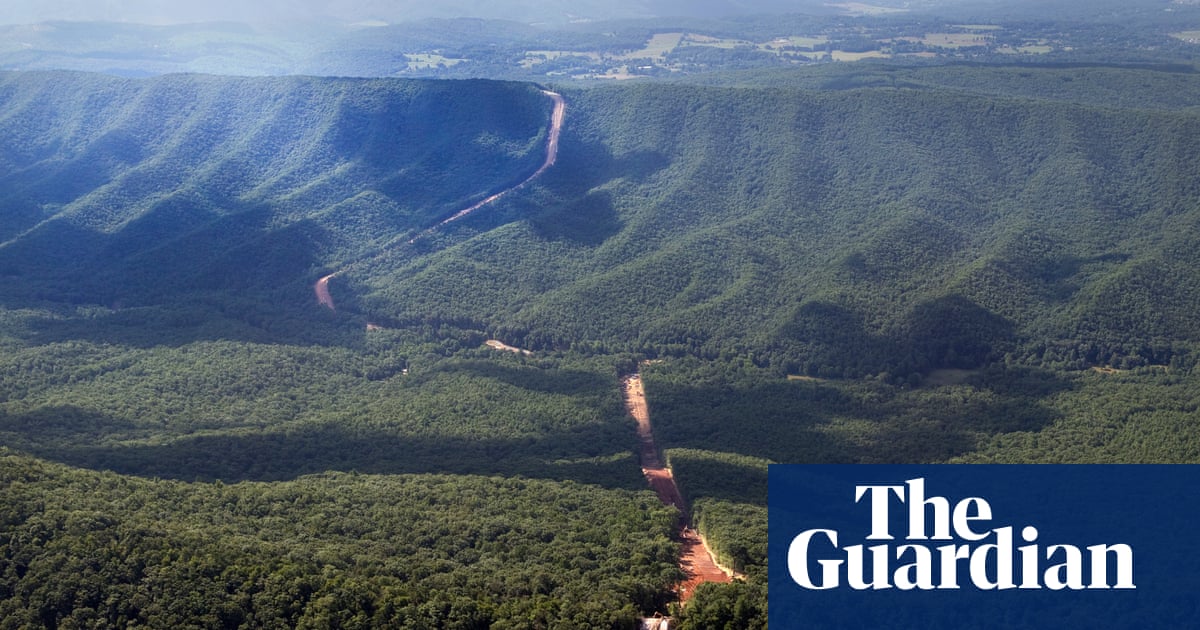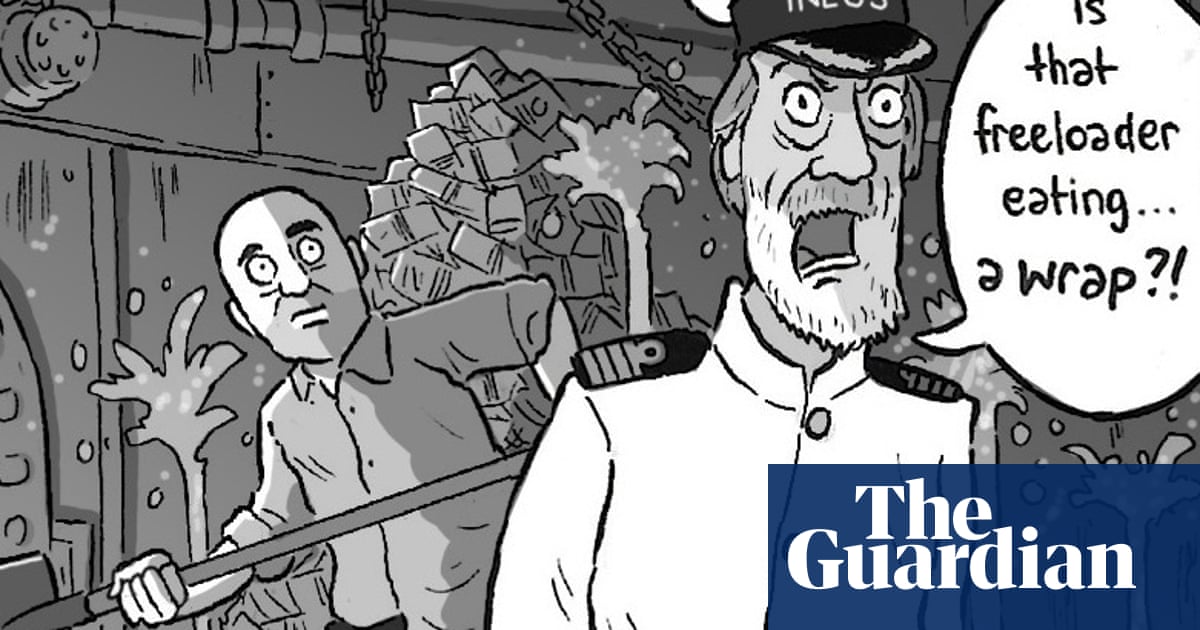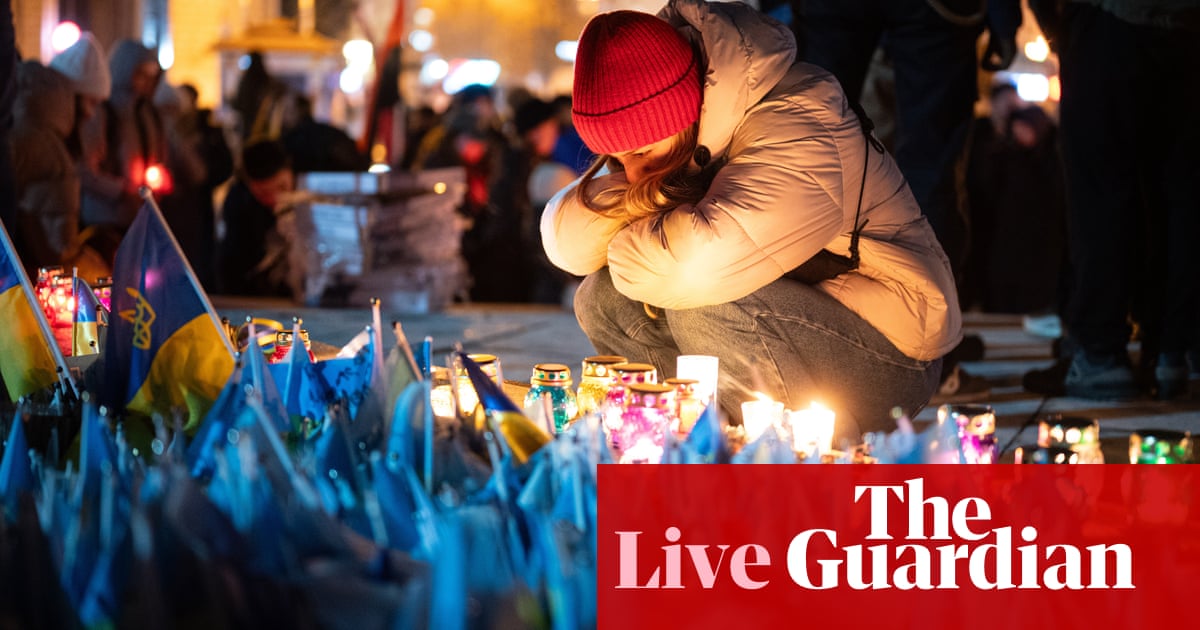Israel’s restriction of Gaza’s water supply to levels below minimum needs amounts to an act of genocide and extermination as a crime against humanity, a human rights report has alleged.
Human Rights Watch (HRW) investigated Israeli attacks on the water supply infrastructure in Gaza over the course of its 14-month war there.
It has accused Israeli forces of deliberate actions intended to cut the availability of clean water so drastically that the population has been forced to resort to contaminated sources, leading to the outbreak of lethal diseases, especially among children.
Israel’s actions have killed many thousands of Palestinians and constitute an act of genocide, HRW argues, citing declarations by ministers in the country’s ruling coalition that Gaza’s water supply would be cut off as evidence of intent.
The 184-page report, Extermination and Acts of Genocide, comes after an Amnesty International report this month concluded that Israel had committed genocide in Gaza.
There were provisional orders from the international court of justice earlier in the year for Israel to halt its offensive and take immediate measures to prevent genocide being committed, pending a court ruling on whether it was already committing the crime.
Israel has rejected accusations that it has committed genocide or crimes against humanity in Gaza. The country’s prime minister, Benjamin Netanyahu, has called them “false and outrageous”.
His government has insisted on its right to self-defence after the shock Hamas attack on communities in southern Israel on 7 October 2023 in which 1,200 people were killed and about 250 taken hostage.
The allegations put forward by HRW are not as broad as Amnesty’s, focusing specifically on the Gaza water supply, but the organisation claims the evidence is overwhelming that Israel has used water as a weapon against the Palestinian population collectively, with lethal results.
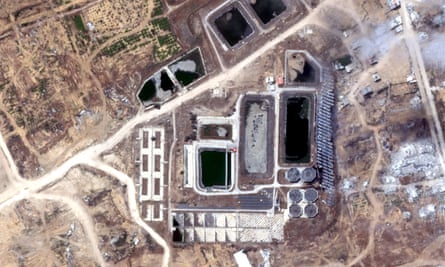
“Human Rights Watch finds that these Israeli policies have amounted to the crime against humanity of extermination and acts of genocide,” Lama Fakih, the director of HRW’s Middle East and North Africa division, said.
She said the report showed: “Israeli authorities at the most senior level were responsible for the destruction, including the deliberate destruction, of water and sanitation infrastructure, the prevention of repairs to damaged water and sanitation infrastructure and the cutting off or severe restrictions on water, electricity and fuel.
“These acts have likely caused thousands of deaths and will likely continue to cause deaths into the future, including after the cessation of hostilities.”
There have been nearly 670,000 recorded cases of acute watery diarrhoea since the war began, and more than 132,000 cases of jaundice, a sign of hepatitis. Survivable childhood diseases have also become significantly more lethal because of the destruction of Gaza’s hospitals and health clinics.
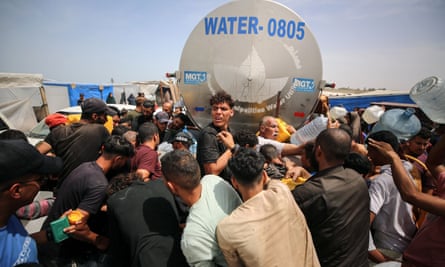
The report cites a medical source as saying that under “normal circumstances”, 1% of children who contracted hepatitis A died of it. Now it is fatal in 5% to 10% of cases. Dehydration combined with malnutrition has also weakened the population’s immunity to disease in general.
Before the war, 80% of Gaza’s water supply came from wells down to an aquifer under the coastal strip, but that water is contaminated and unfit for human consumption.
Most of Gaza’s drinkable water came from three pipelines controlled by the Israeli water authority and desalination plants.
Those pipelines were cut at the start of the war and only partially reopened. The United Arab Emirates built a water pipeline across the border from Egypt in February, but that supply was cut by damage to the pipeline caused during the Israel Defense Forces’ (IDF) assault on Rafah.
Gaza’s three main desalination plants halted operations soon after the start of the war and were only able to restart on a partial basis after Israel allowed the UN and other aid agencies to bring in limited quantities of fuel.
Satellite imagery that HRW examined showed that the solar panel arrays powering four of Gaza’s six wastewater treatment plants were razed by Israeli military bulldozers – in northern Gaza, the al-Bureij camp and the Sheikh Ejleen plants in central Gaza and Khan Younis in the south.
Satellite images also showed that 11 of Gaza’s 54 water reservoirs had been completely or largely destroyed, and 20 more showed signs of damage.
A video that appeared on social media in July 2024 showed IDF combat engineers filming themselves blowing up a reservoir in the Tal Sultan district of Rafah.
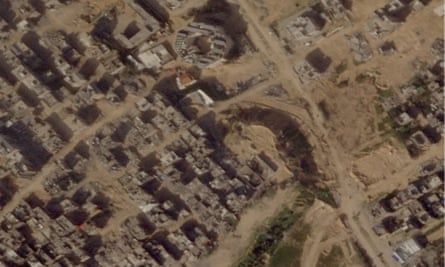
As evidence of intent, the HRW report points to declarations by Israeli ministers at the onset of the war. On 9 October 2023, the then defence minister, Yoav Gallant, ordered a “complete siege” of Gaza.
“There will be no electricity, no food, no water, no fuel. Everything is closed,” he stated. Gallant is the subject of an international criminal court arrest warrant for alleged war crimes.
Israel Katz, then energy minister and now defence minister, echoed the call for water, electricity and fuel supplies to Gaza to be cut off two days after Gallant’s comments.
Fakih said: “Human Rights Watch concludes that Israeli authorities have, over the past year, intentionally inflicted on the Palestinian population in Gaza conditions of life calculated to bring about their physical destruction in whole or in part.
“This amounts to an act of genocide under the convention.”

 2 months ago
40
2 months ago
40


